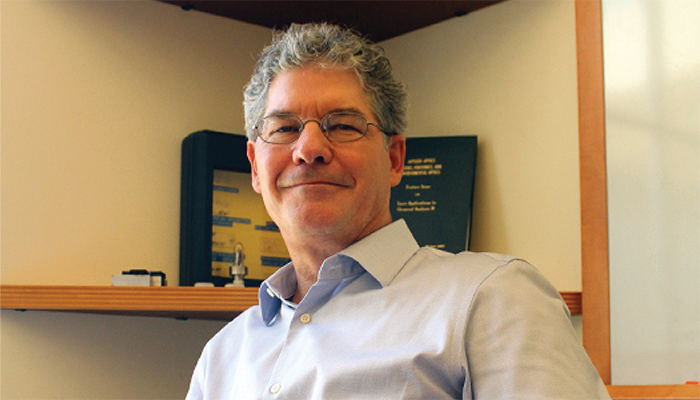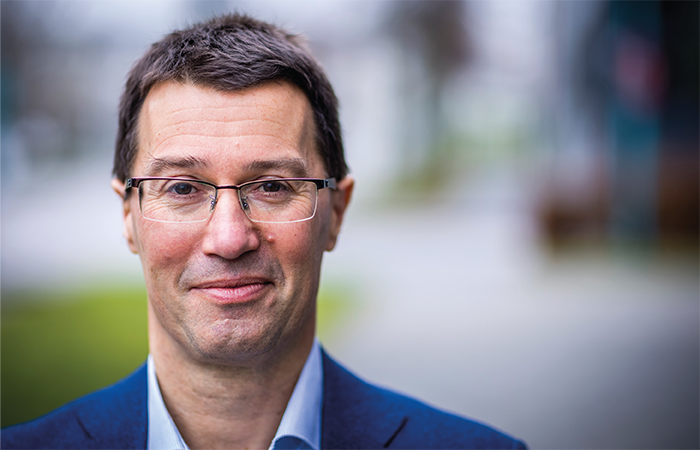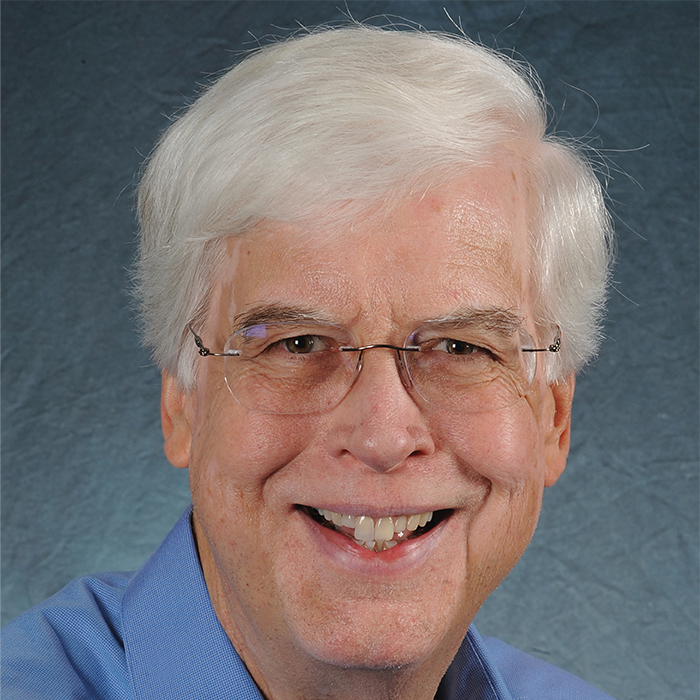Richard D. Smith: I think it is the step that follows the birth of the idea, concept, or invention, and achieving an effective balance between having confidence in it, and simultaneously being open to challenges to it, both from yourself and from others as it matures.
Rick Yost: Persistence. If yours is a truly innovative or even revolutionary idea, many (most?) experts in the field will tell you that it won’t work. That’s probably a good sign that the idea is worth pursuing! Indeed, the experts may be correct, but truly innovative ideas are rarely obvious or quickly accepted.
Frances S. Ligler: The ability to listen and assimilate the ideas of others. The greatest inventions emerge from the cracks between the disciplines. Reading widely and learning broadly is the best way to prepare to “commit invention.” Knowing what your predecessors have accomplished across your field and others can spark a better appreciation of capability gaps and generate new uses for seemingly unrelated technologies.
Kelly Zhang: I believe innovation happens at intersections. Collaborating with scientists from different disciplines helps me and my team to turn roadblocks into opportunities and come up with creative solutions.
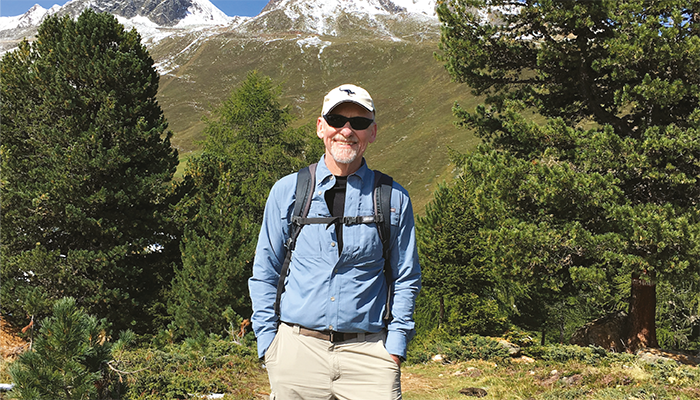
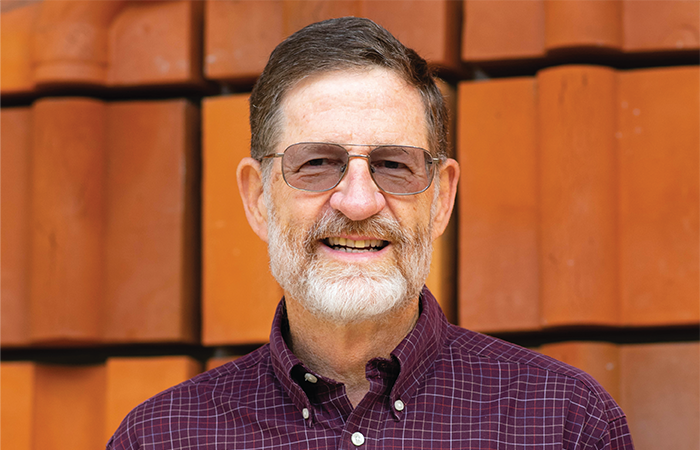
Erin Baker: I believe the most important quality is to be open to the ideas of others and work in teams to solve complex problems. The challenges in the world right now need contributions from so many people – a single person cannot make a dent. However, by listening to the opinions of others and working as a collaborative, diverse team, you can greatly expand on your ideas and truly move mountains.
Fabrice Gritti: To be able to bridge unsolved critical practical problems from today and all disciplines of fundamental physics and chemistry.
Joel M. Harris: In my view, the best innovators are driven by curiosity and a motivation to understand and figure things out. Innovation is a consequence of new understanding. The analytical sciences fit well into this paradigm, where novel and more capable methods for observing the physical/chemical world provide new insight that illuminates a path to invention and new discoveries. Curiosity to gain insight makes coming to the lab a pleasure, so that innovation is not the goal of the work, but flows naturally out of new understanding.
Alexander Makarov: A combination of fantasy and erudition to think outside of the box – but not far enough to drown in the ocean of unrealizable ideas…


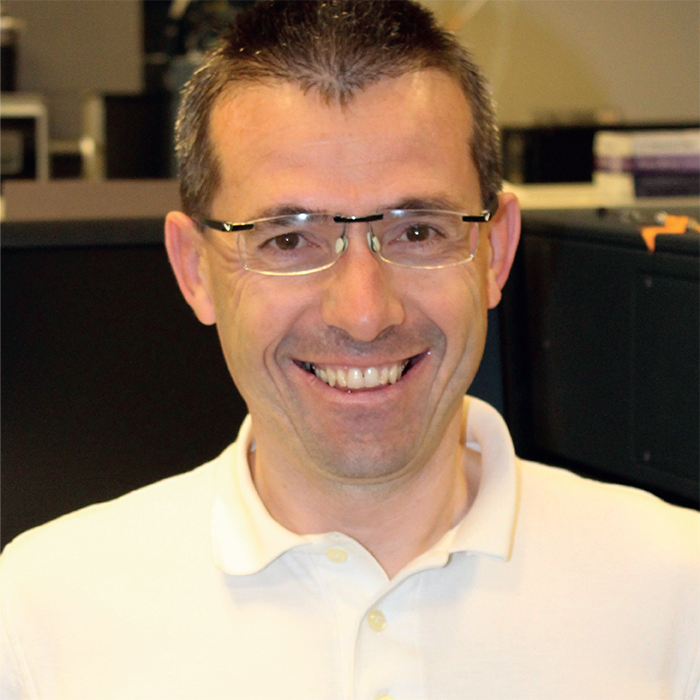
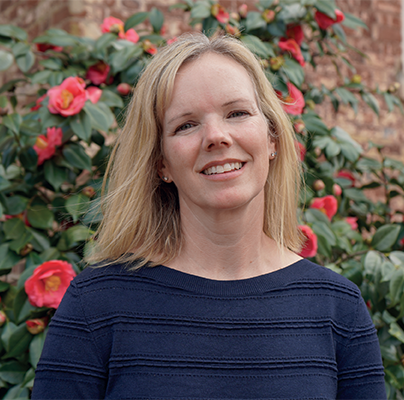
Pieter Dorrenstein: Innovators possess an inquisitive nature, constantly asking why, how, and when questions. They exhibit a strong curiosity and an unwavering desire to seek answers, even if they are unknown or challenging to obtain. Their mind does not stop until they have the answer. They approach problems with the mindset of efficiently finding experimental solutions when deemed necessary. These thinkers recognize that the information taught in classes, found in literature, or presented in textbooks is a snapshot of knowledge at a particular time. They understand that human interpretation is involved, and that knowledge is subject to change. They approach existing knowledge with a critical mindset, always seeking to challenge, expand, and improve upon it.
Jeremy Nicholson: There is no single quality that leads people to be innovators, that’s why innovation is difficult to do and especially to teach. Scientific curiosity is a fundamental quality that drives an innovative thinker to explore and seek knowledge, leading to the discovery of new connections and possibilities. This usually works best in individuals with diverse educational and scientific backgrounds, where a lot of unusual connections are already latent in their thought processes. Off-the-wall or non-linear thinkers usually have a renegade streak in them that leads to the rejection of traditional patterns of thought, to challenge assumptions, and explore unconventional ideas. Innovation often requires revolution and that results in opposition from traditionalists and linear thinkers. Thus, tenacity is also a crucial quality for innovators, as it enables them to continue in the face of challenges, learn from their failures, and stay focused on their goals until the rest of the world is ready to receive and understand their message. However, being too far ahead of the curve is always tough.
Carol Robinson: Not to be constrained by existing dogma. Just because something is predicted not to work, it doesn’t mean it will never yield anything interesting. Early in my career, the widely held view was that proteins in the gas phase of a mass spectrometer would invert such that their hydrophobic core would be exposed. This is clearly not the case. Had we not doubted this dogma, we might never have tried to fly protein complexes in a mass spectrometer.
Chris Pohl: The single most important quality in a truly innovative thinker is the ability to identify cases where consensus opinion is incorrect. There are many examples in science and in my own career where the consensus understanding of how something works or the inherent properties of a given material have been proven to be incorrect. The ability to see possible holes in the consensus opinion is critical when it comes to developing novel approaches to solving problems previously considered impossible.
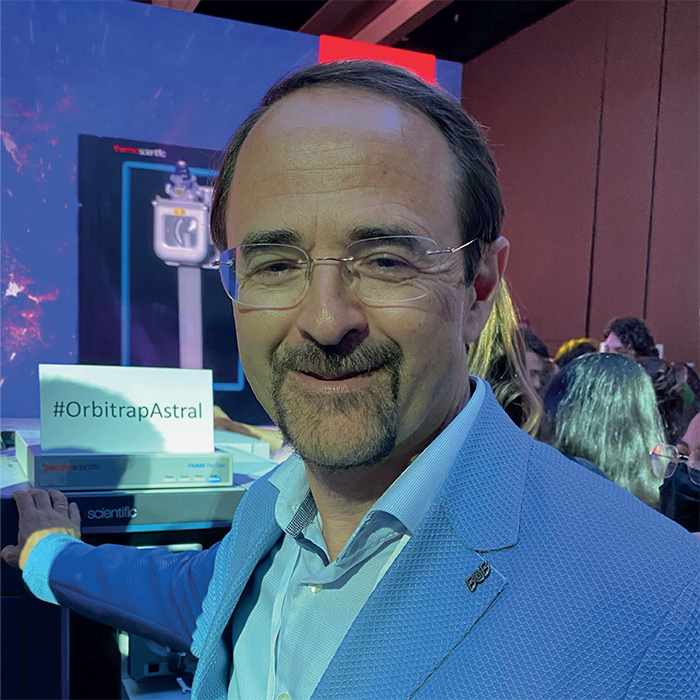
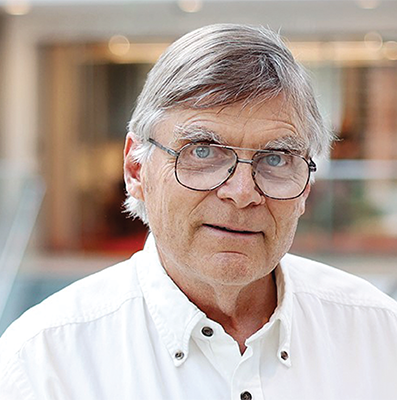
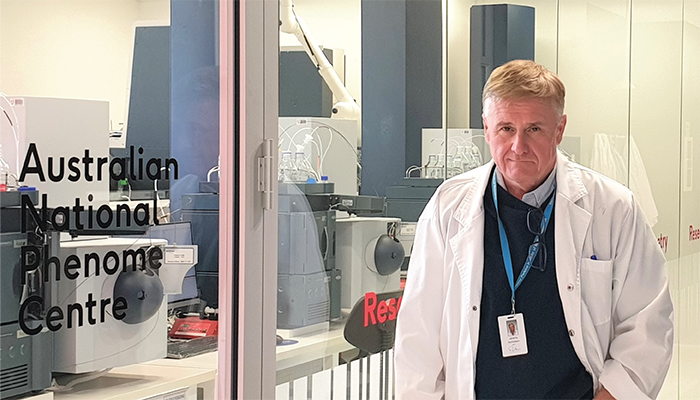

Chad Mirkin: There are many. It is essential to be inquisitive, work hard, and work intelligently. Also, don’t forget to enjoy the process. Don’t be afraid to take risks or make mistakes; failure is a part of learning and growing.
Ian Wilson: If I were Mark Twain, I would probably say something like “laziness combined with intelligence and ambition” – such a person will find the quickest and simplest way to achieve their aims… But I’m not a truly innovative thinker like Mark Twain was!
J. Michael Ramsey: Curiosity – how can we solve this problem for which there is not an existing solution or how do we better solve a problem for which there is already a solution?
Ron Heeren: Approach the world as if no boundaries on what is possible exist. Or stated differently, think in possibilities and not in restrictions. As soon as you think in restrictions, you limit your own possibilities to move beyond the state-of-the-art. This quality is amplified if combined with a healthy dose of curiosity regarding the world around you. Many innovations also occur serendipitously and unexpectedly following a surprise discovery or meeting with a colleague that asks an unexpected question that triggers you to think out of the box.
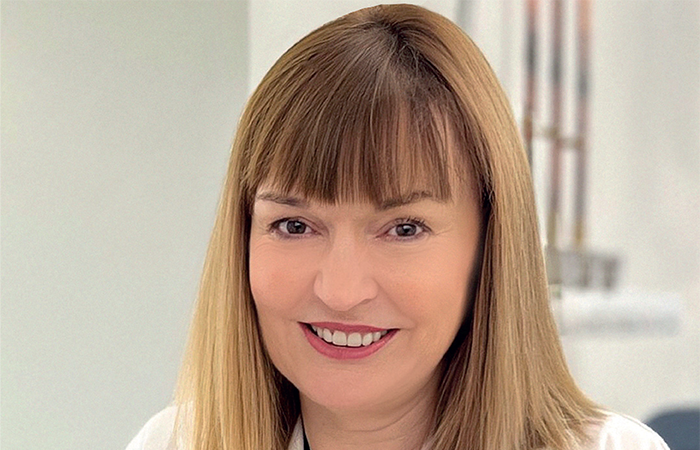
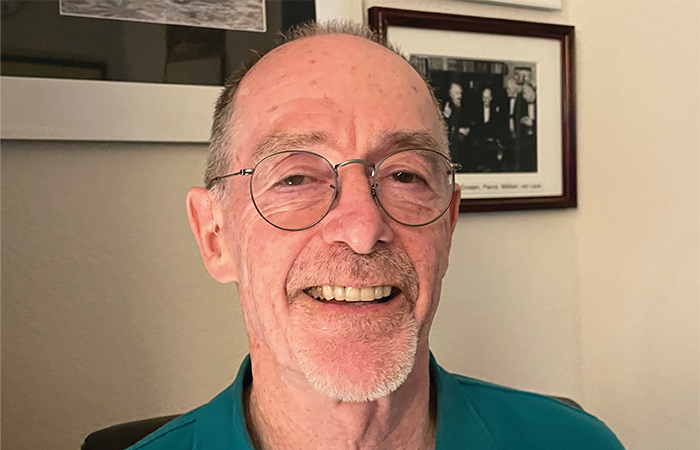

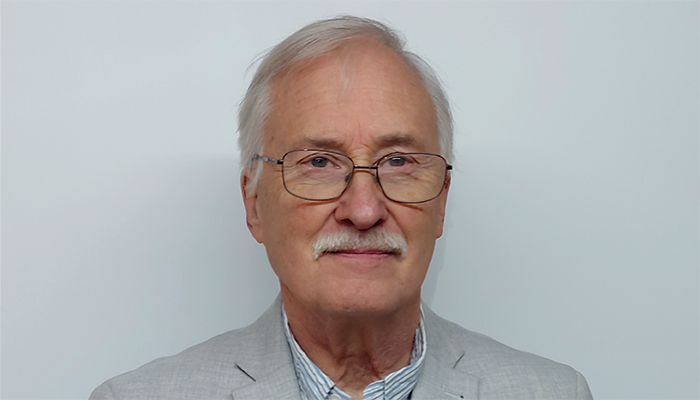
James W. Jorgenson: Imagination – thinking “outside the box.” This needs to be coupled with good judgment, to weed out the interesting but impractical ideas, which will otherwise dilute your productivity.
Livia Eberlin: If I had to pick two, it would be creativity and fearlessness. Innovators have to be creative and think about clever solutions to problems in novel and disruptive ways – that is a given. But the most successful innovators and inventors that I know were also incredibly bold and fearless. They knew people would likely doubt them and criticize them for their creative ideas, and regardless of these challenges they believed in their invention and pushed forward with confidence until others started to realize the potential and novelty of what they had created.
Credit: Pieter Dorrenstein - UCSD Communications. | Image credit: All headshots supplied by interviewees
